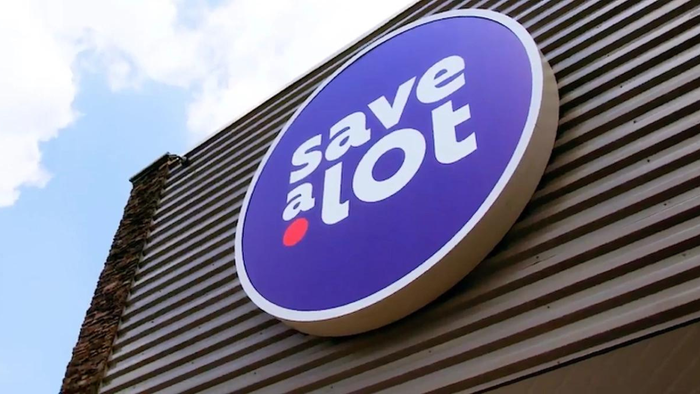Food Forum: Clean matters
January 1, 2018
While promotions and incentives can attract new customers, cleanliness is crucial if you want them to become regulars. By Bobbi King Customers choose the establishments they patronize based on many standards. The quality of the products and services provided are of the utmost importance when deciding where to spend money. Customers demand value and prompt, professional service. When choosing a grocer, competitive pricing, sales, coupons and other one-time incentives often entice new shoppers to visit. However, when deciding to become a repeat customer, patrons add many more criteria to their list of considerations. In recent years, retailers have begun to offer rewards programs, flexible return policies and customer feedback options to elevate their customers’ shopping experience and, in turn, earn loyalty and repeat business. According to The Food Marketing Institute, there were more than 36,000 supermarkets operating in the U.S. in 2009 and the average consumer makes two trips to the supermarket each week. With such fierce competition and so many customers to be won over, retailers are working to build lasting relationships with their customers. While special offers and incentive programs are popular with consumers, the decision to return to a store and become a loyal customer may be influenced by a factor that is often overlooked by retail executives and store employees: cleanliness. In fact, according to a recent national study of more than 30,000 grocery shoppers conducted by M/A/R/C Research, if a grocery store appeared to be dirty, 52% of those surveyed indicated that they would leave immediately without making a purchase. Twenty-six percent indicated that they would purchase items during that visit but would not return to the store. “Clearly, cleanliness is an important component of the consumer experience,” says Randy Wahl, senior vice president of M/A/R/C Research. “It impacts consumers’ willingness to shop at given retailers and also influences frequency of shopping and the length of time consumers are willing to shop. All of this has a direct impact on the amount of spending a retailer can capture.” For more than 70 years, executives at St. Louis-based Schnuck Markets have been attuned to the changing needs of shoppers, using customer comments about cleanliness and other issues to help set the company’s direction. “Internally, we recognized the opportunity to again set ourselves apart, by not only providing to our customers outstanding products and services, but also providing facilities that are so clean our customers don’t have to think about it,” explains Ron Smith, maintenance specialist for the retailer. “We wanted our neighborhood stores to be a place where families are comfortable bringing their kids.” With that in mind, this year the custodial crews began using portable touchless cleaning systems as part of the daily cleaning regimen in all 106 stores. Touchless cleaning allows correctly dosed cleaning chemicals to be applied with a spray nozzle that uses low-flow/low-pressure technology. Schnuck executives note that this approach results in cleaner restrooms while using fewer chemicals and less water. They say this process is also quicker and eases the physical burden on the cleaning staff by eliminating much of the bending, stooping and scrubbing, along with the unpleasant “hands on” cleaning required with traditional methods. “We are cleaning areas in our restrooms we couldn’t get to previously,” Smith says. “We’re also cleaning our restrooms 35% to 45% faster.” Over the past decade, consumers have become increasingly aware of food and product safety issues as product recalls and foodborne illness stories inundate the news daily. As its website states, Schnucks is committed to being each customer’s “personal resource on food, culinary arts and health and wellness,” and recognizes the connection customers make between the cleanliness of a grocery store and the safety of the food and products on their shelves. Most important, Schnucks’ patrons have noticed the difference. “Our Columbia, Mo., store recently received an e-mail from a customer who was so impressed with how clean our store was, they felt inclined to write,” Smith says. Dedication to customers—from offering high-quality products to providing clean, customer-friendly facilities—is a key ingredient for success. Bobbi King is head of marketing communications for Cincinnati-based Hydro Systems Co. Founded in 1963, Hydro Systems is an independent manufacturer of proportioning, dosing and dispensing systems for concentrated chemicals, serving the janitorial, institutional, foodservice, commercial cleaning, industrial and automotive-care markets. For more information, visit www.hydrosystemsco.com.
About the Author
You May Also Like




